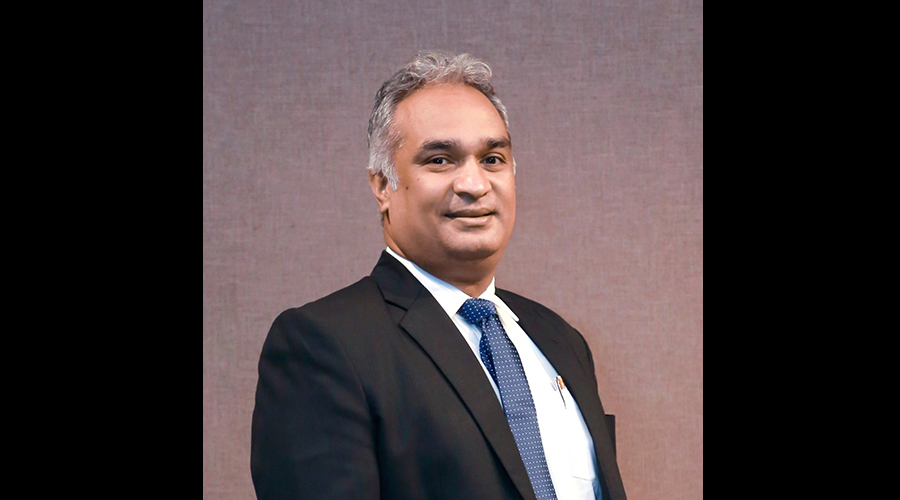The State Minister of Technology, Kanaka Herath, has rightly highlighted the need to leverage advanced technology-based solutions and the significance of a digital master plan and regulatory policy framework.
As the Chairman of the Federation of Information Technology Industry Sri Lanka (FITIS), I commend the government's commitment to streamline efforts for the digital economy.
However, as we embark on this transformative journey, we must emphasize the importance of a consistent digital economy policy framework rather than relying on ad-hoc measures.
The potential of the digital economy to revolutionize various sectors in Sri Lanka is immense.
From e-commerce and fintech to smart infrastructure and e-governance, the possibilities are limitless.
By embracing digitalization, we can unlock new avenues for economic growth, create jobs, empower our workforce, and improve public services for all citizens.
A robust digital economy policy framework is essential to ensure sustained progress and lasting prosperity.
Ad-hoc measures, while they may bring short-term benefits, lack the continuity required for long-term success.
A consistent and comprehensive policy approach provides clarity, stability, and predictability for businesses, investors, and stakeholders.
This, in turn, fosters a conducive environment for innovation and encourages long-term investments in the digital sphere.
A stable policy framework also allows businesses, especially small and medium-sized enterprises (SMEs), to plan and strategize effectively.
It provides them with the confidence to invest in technologies, upskill their workforce, and adapt to the evolving digital landscape.
Moreover, it enables the government to set clear goals and objectives and evaluate progress over time, ensuring that the nation stays on track towards achieving the envisioned digital economy.
Furthermore, a well-defined digital policy framework helps address potential challenges related to data privacy, cybersecurity, and digital inclusivity.
These issues require careful consideration and consistent regulations to protect both businesses and consumers while ensuring fair competition and equal opportunities for all citizens.
The upcoming milestone, DIGIECON 2023, presents an excellent opportunity to unveil the digital master plan and regulatory policy framework for Sri Lanka's transformation until 2030.
As we embark on this historic moment, it is crucial for policymakers, industry leaders, and all stakeholders to collaborate closely, drawing on their collective expertise to create a comprehensive and forward-thinking policy document.
To achieve success, the policy framework should align with international best practices and learn from the experiences of other nations that have effectively harnessed the power of digital technologies.
Collaboration with global partners will not only foster knowledge exchange but also attract foreign investments and establish Sri Lanka as a competitive player in the global digital economy.
In conclusion, the DIGIECON 2030 program represents a beacon of hope for Sri Lanka's economic resurgence through digitalization.
I applaud the government's dedication to harnessing technology to foster an inclusive digital economy.
However, to ensure lasting prosperity and overcome past economic challenges, we must prioritize the establishment of a consistent and comprehensive digital economy policy framework.
Let us unite in our efforts to create a digitally empowered Sri Lanka, where innovation, inclusivity, and sustainable growth thrive.
Together, we can lay the foundation for a brighter future for our beloved nation.
The writer is the Chairman of Federation of Information Technology Industry Sri Lanka
























